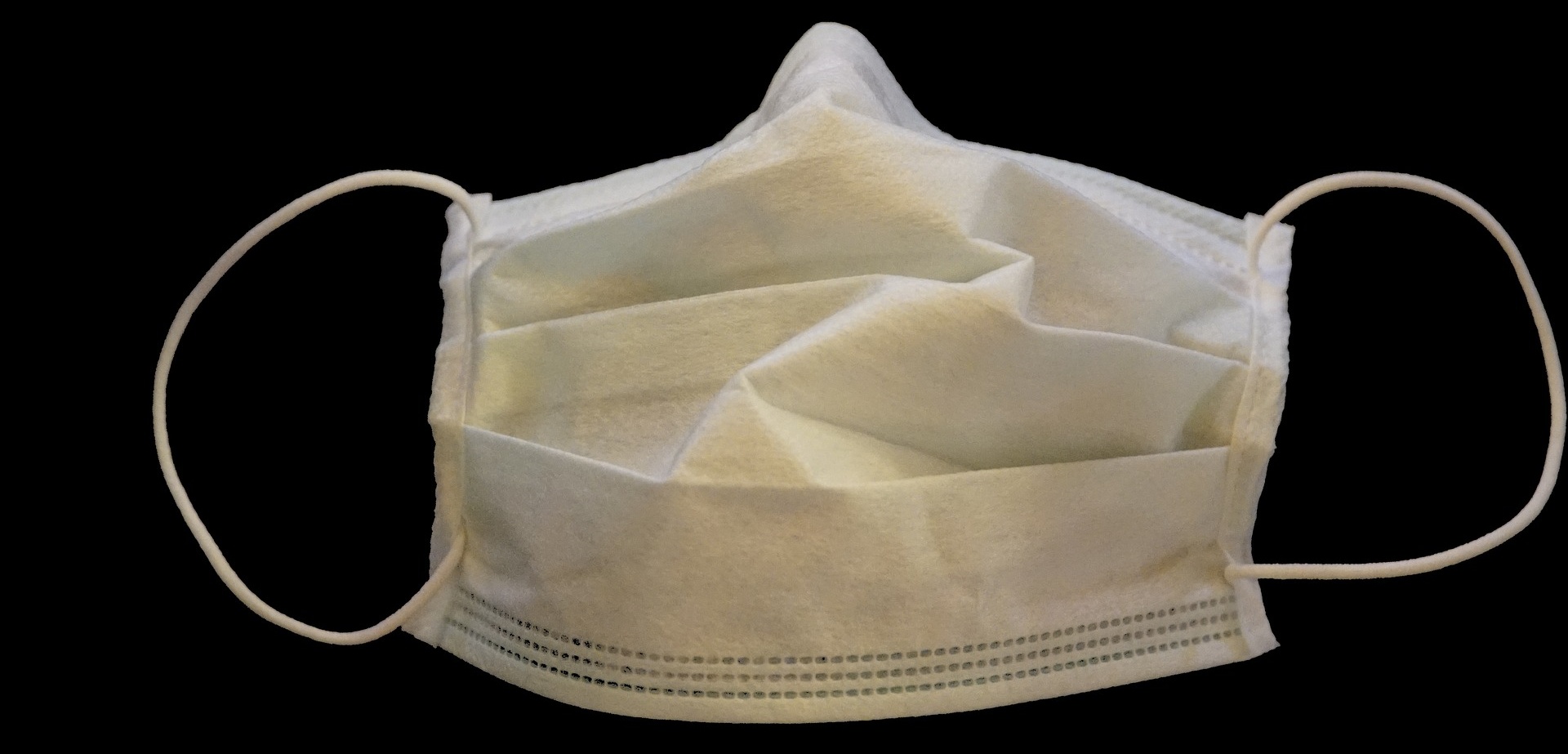The COVID Face Mask Episode
For most of my life I live in Hong Kong. When the COVID-19 pandemic hit the world, I was in this place and saw the society moved quickly to voluntary use of face mask, then to it becoming a mandatory measure. After more than three years, when most other places returned to wearing mask as a voluntary measure.
The lifting of this measure, however, is an interesting experience to reexamine personal changes.
Personally, I want to get rid of the mask (unless I need to go to medical or related facilities.) This happened to many people around me. We were longing for a “normal” life.
What Happened When the Face Mask Was Finally Not Mandatory
On the first day, ritualistically, me and my family got out without the mask to celebrate. At that time, over 90% of people still wore masks. Now, my first question is:
What motivate them mask today? Is it still the fear of COVID, or other reasons?
Then for the next 2, 3 weeks, whenever I need to step out of the house, my mind went “something seems missing on my face”! My mind/body was messing with me and I needed to fight the 3-year habit, despite the fact that I hated the mask.
Why do I have this feeling of “missing something”?
Over a period of weeks, I observed that more and more people went out without masks. Now, about 50%-60% of people in public places are mask-free.
Look Closer At the Change – What’s Going On?
My work is about change – personal and organizational. And I have been working with this “change” thing for over 30 years now. The removal of mask did reminded, or alerted, me of the human side of change.
Remember, I didn’t like wearing face mask. So, my mind needed no convincing to accept this to change “back to normal.” However, I still experience friction in this act.
Let’s examine this through a more systematic frame (here I borrowed the ADKAR model which I am a certified practitioner.)
- I am aware of my need get rid of the mask, and the consequences, if any (the increased likelihood for infecting COVID, flu, etc.)
- I am highly motivated to do so, both the gain in freedom in breathing and the escape from the pain of suffocating feeling when I have longer speech.
- I know how to make the change. There’s no rocket science here and I had decades of experience without masks!
- I can take action immediately. I can even throw away all remaining masks to avoid the visual trigger on wearing mask as a habit.
- There is a positive feedback loop of unconstrained breathing and talking to reinforce my change.
BUT I STILL FEEL THE FRICTION INSIDE!!
Habit Is A Double-Blade Sword
If you ask me what human beings is good at, I would say building habits. There are so many things we need to do, so many encounters with the external world every day. If we need to make decisions for every thing in our lives every day, decide what to do next for all maneuvers every time, we will be overwhelmed and exhausted before noon. So, we find shortcuts, both cognitively and behaviourally. Based on our experience, we make assumptions about the world, so we don’t need to examine and assess if the rectangular structure in our house is a door or a window. We pick actions we take regularly to become habits so we can “perform without thinking”. Both our mind and body are engaged in this act. With enough of those, our survival becomes easier.
Habits and assumptions also create friction at times of changes, no matter how willing to change you are.
When I need to step out of my house, my body and mind went, “Wait a minute, this is not the usual pattern.” This out-of-sync pattern start triggering my mind and a sense of “something wrong” steps in. For a brief moment, my body started feeling unsafe, uncertain. This is not just mental, but also reflects in my body. My neuroception fed back to my mind instantaneously.
Of course, we can rebuild our habits over time.
With almost all things favourable in this case, friction still existed. And this friction was not just cognitive, it also involved the nervous system and the body.
This aligns with what I’ve learned in years of change work. Rational reasons for change is useful. But we have to address those factors which may seems not-that-rational. Habit is an important one, even when we have reinforcement mechanisms in place.
Reconfiguaring your daily shortcuts is an art in itself. At a personal level, each one may need different tactics to reconfigure a habit. Motivators (rewards), fear, humour, peer support are some but not all that may work.
Like Paul Watzlawick told us,
Persistence and change need to be considered together, in spite of their apparently opposite nature.
What friction have your encountered in the past? What have you done to facilitate the change?


